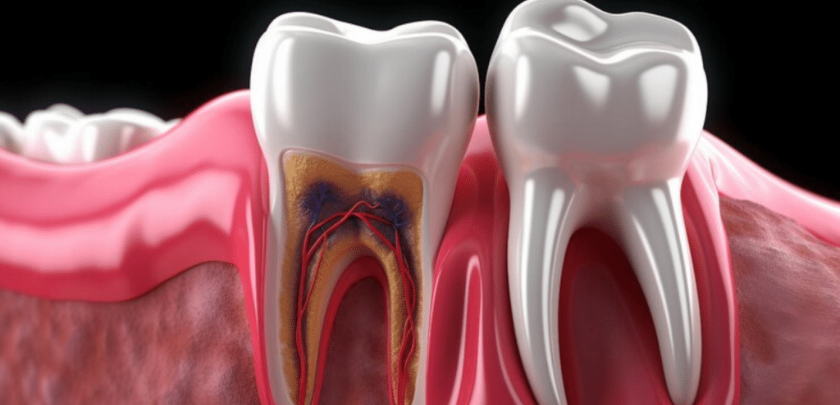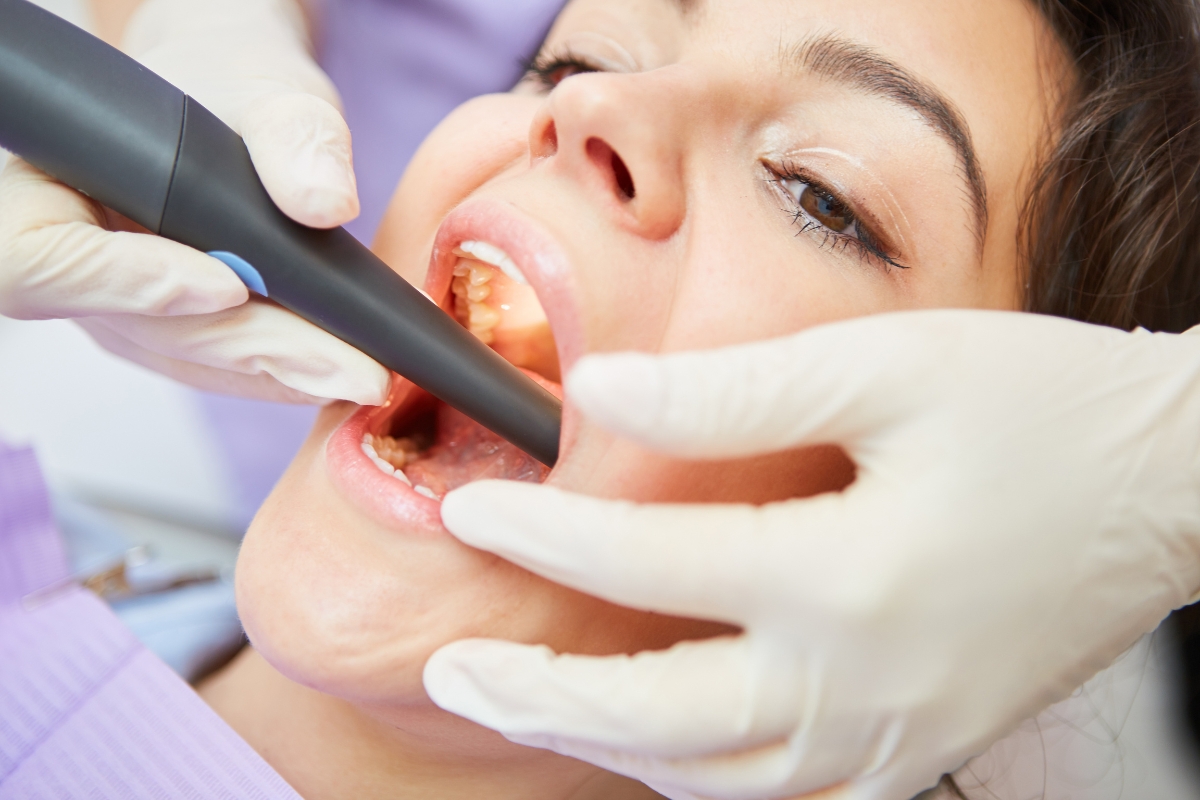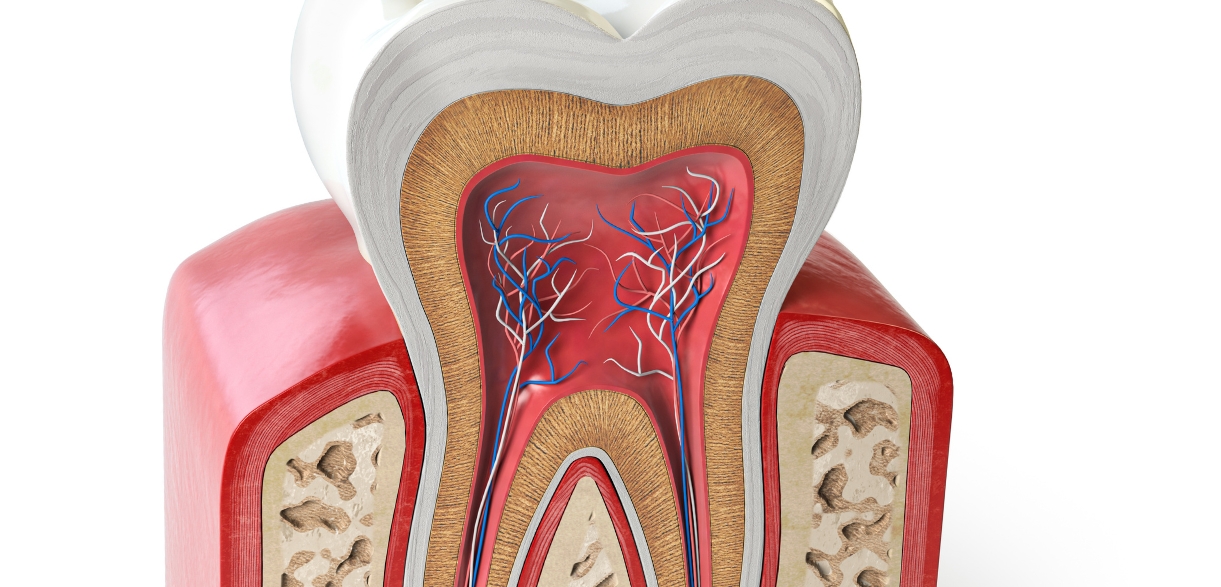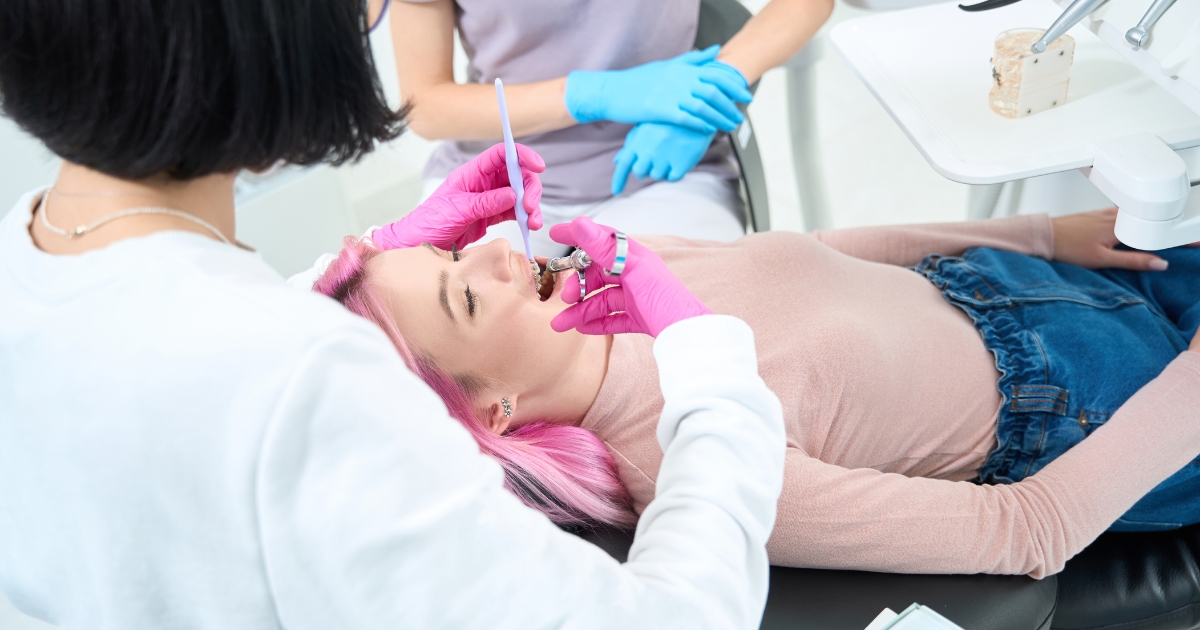$99 New Patient Special - Includes Exam, X-Ray and Basic Cleaning
Does The Tooth Pain Increase Days After Root Canal Treatment?

Toothaches are a real pain in the…well, tooth. They throb, they pulse, and they can make even the strongest person whimper. When the pain becomes relentless, a root canal might be your dental knight in shining armor. This procedure removes the infected pulp from the tooth’s core, aiming to vanquish the pain monster for good. But here’s the thing: sometimes, even after the root canal rodeo is over, a nagging ache can linger. Does this mean the dentist made a mistake, or is there a more logical explanation? Let’s delve into the world of post-root canal recovery and explore why your tooth might still be feeling a bit grumpy.
The Root of the Discomfort: Understanding Post-Root Canal Pain
First things first, a little post-root canal discomfort is perfectly normal. The procedure involves manipulating tissues and nerves around the tooth, and it takes time for those areas to heal. This discomfort can manifest as:
- Sensitivity: The tooth might feel sensitive to touch, cold, or hot for a few days after the procedure.
- Tenderness: Chewing or biting down might cause some soreness or tenderness around the treated tooth.
- Throbbing Pain: In some cases, you might experience a dull throbbing pain that can come and go.
The Discomfort Timeline: How Long Does the Ache Typically Last?
The good news is, this post-root canal discomfort is usually temporary. Here’s a general timeframe to keep in mind:
- First Few Days: Mild sensitivity and soreness are most common during the first 2-3 days after the procedure.
- A Week or Two: Most people experience significant relief within a week or two. However, some lingering sensitivity might persist.
- Beyond Two Weeks: If the pain persists beyond two weeks, worsens, or becomes severe, it’s crucial to consult your dentist.
The Culprits Behind the Continued Ache: Why Might Your Tooth Still Hurt?
While post-operative discomfort is normal, there could be other reasons why your tooth continues to ache:
- Inflammation: Even after the procedure, some inflammation around the treated tooth can linger, causing discomfort.
- Infection: In rare cases, the infection might not be completely eradicated during the root canal, leading to persistent pain.
- Fracture or Crack: Sometimes, a tooth with a root canal might have a preexisting crack or fracture that wasn’t visible during the initial examination. This crack can cause pain even after the root canal.
- Improper Healing: While uncommon, in some cases, the tooth might not heal properly after the root canal, leading to ongoing discomfort.
The Path to Pain Relief: Addressing Continued Discomfort
If your toothache persists beyond the expected timeframe, don’t suffer in silence! Here’s what you should do:
- Contact Your Dentist: Schedule an appointment with your dentist to discuss your ongoing pain. They can examine the tooth, assess the cause of the discomfort, and recommend the best course of action.
- Pain Management: In the meantime, you can manage discomfort with over-the-counter pain relievers like ibuprofen or acetaminophen. However, always follow the dosage instructions and consult your dentist if the pain is severe.
- Gentle Care: Continue practicing good oral hygiene, but be gentle around the treated tooth.
The Healing Highway: Tips for a Smooth Root Canal Recovery
To promote optimal healing and minimize discomfort after a root canal, follow these tips:
- Pain Medication: Take any pain medication prescribed by your dentist as directed.
- Soft Foods: Stick to soft foods like mashed potatoes or yogurt for the first few days after the procedure.
- Oral Hygiene: Maintain good oral hygiene by brushing and flossing gently around the treated tooth.
- Rest: Allow your body time to heal and avoid strenuous activity.
- Temporary Crown Care: If you have a temporary crown, baby it! Avoid chewing hard or sticky foods.
The Takeaway: Patience and Communication are Key
Remember, healing after a root canal takes time. While some initial discomfort is expected, it should gradually subside within a week or two. However, if the pain persists or worsens, don’t hesitate to reach out to your dentist. Open communication with your dentist is crucial for addressing post-root canal concerns and ensuring a smooth recovery. With proper care and a little patience, you’ll be back to enjoying a pain-free smile in no time.







